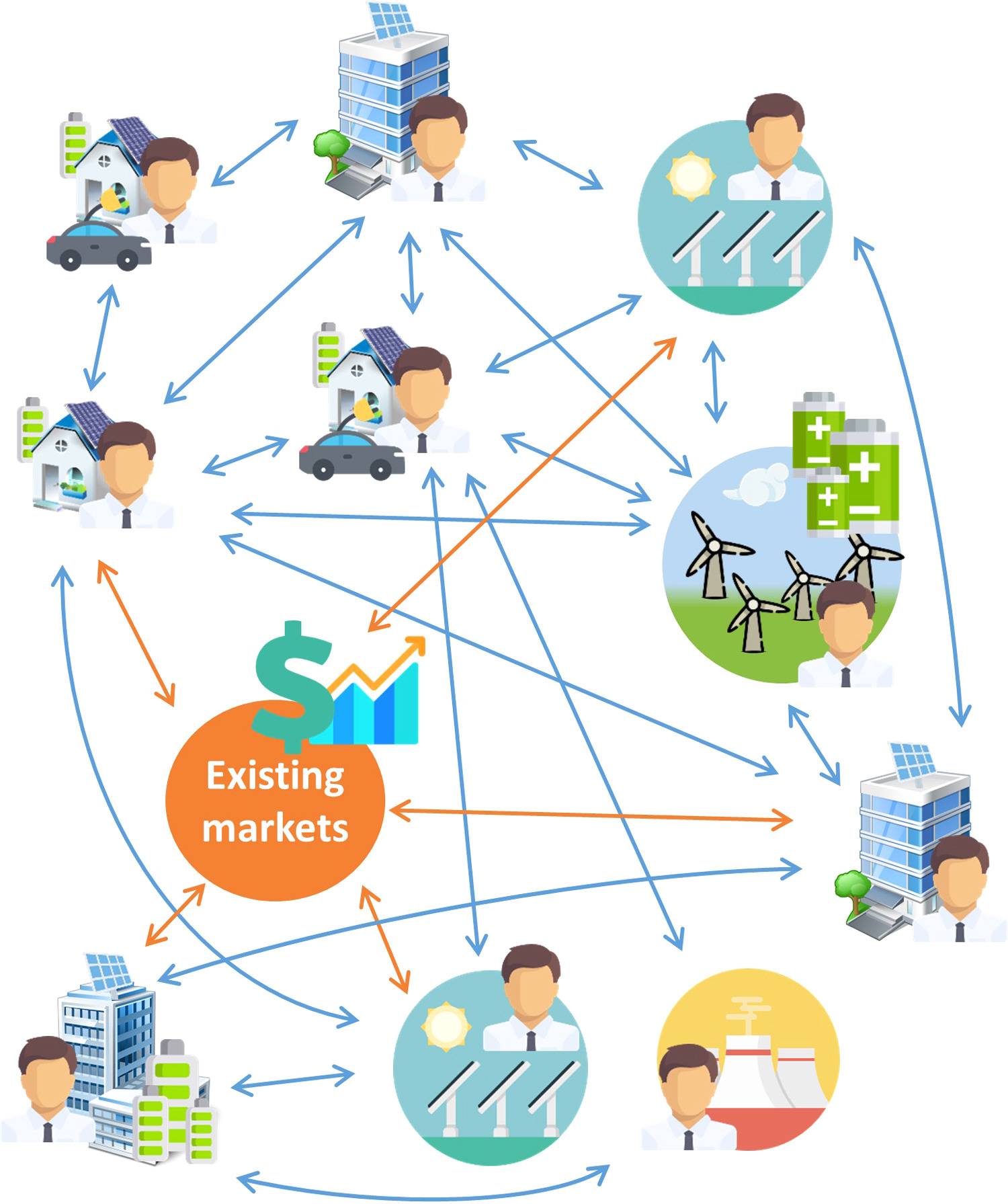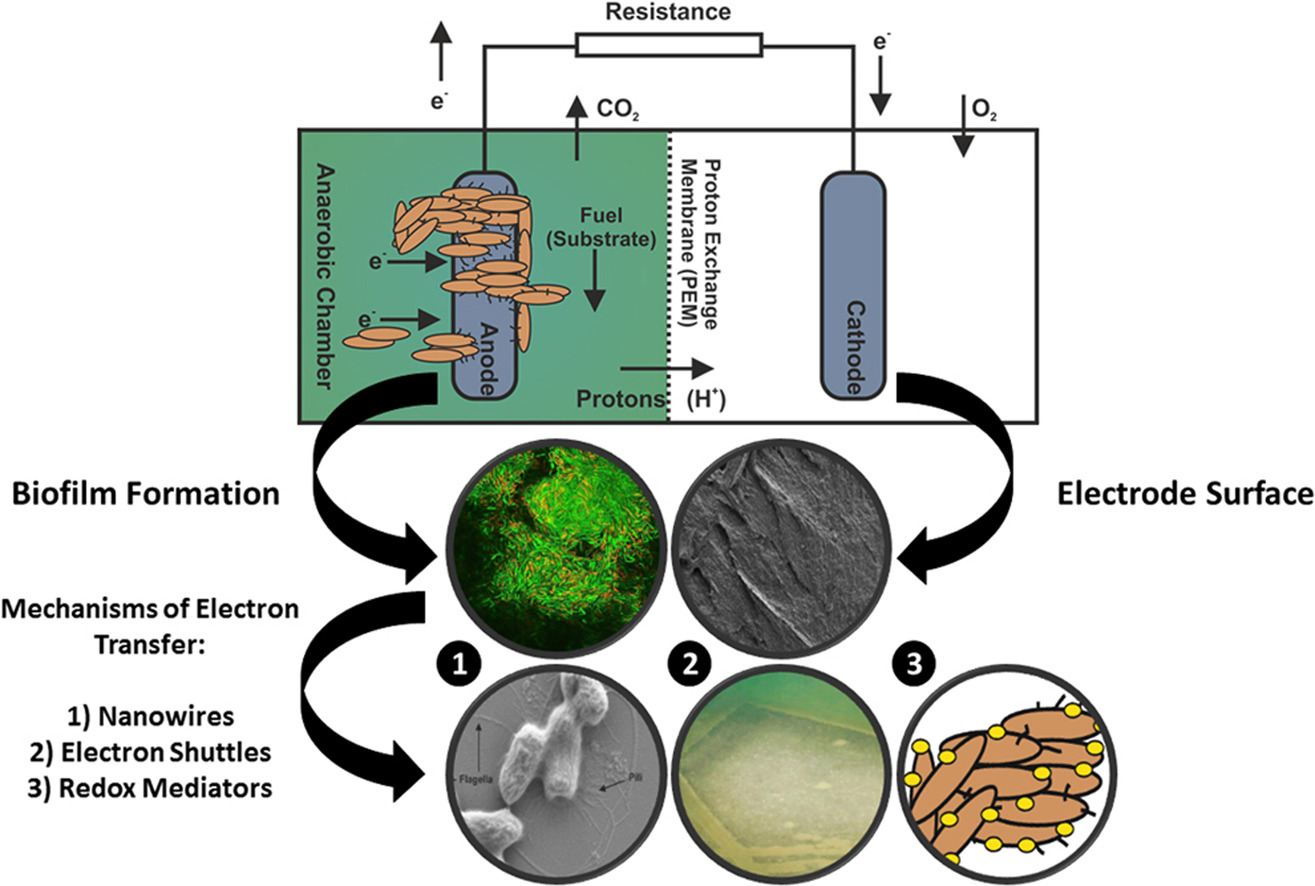Energy is a central component of the United Nations' Sustainable Development Goals (SDGs), explicitly reflected in SDG 7: Affordable and Clean Energy. However, the theme of energy cuts across multiple SDGs, demonstrating the interconnectivity of these global goals.
SDG 7's objective is to ensure access to affordable, reliable, sustainable, and modern energy for all. Energy, in its various forms, is a vital driver of economic growth and is pivotal to nearly all aspects of development. Without a steady and reliable supply of energy, societies can hardly progress. However, millions of people around the world still lack access to modern and clean energy services. The emphasis on "affordable and clean" energy within this goal shows the need to transition from traditional energy sources, often characterized by high environmental costs, to more sustainable ones like wind, solar, and hydropower.
Energy's role is also significant in achieving other SDGs. For example, SDG 9: Industry, Innovation, and Infrastructure, emphasizes the need for sustainable and resilient infrastructure with increased resource-use efficiency and greater adoption of clean technologies. It is almost impossible to achieve this without a sustainable energy framework. Similarly, SDG 11: Sustainable Cities and Communities, calls for making cities inclusive, safe, resilient, and sustainable, and one of its targets (11.6) directly refers to the environmental impact of cities, for which energy is a key factor.
Furthermore, energy is a crucial player in SDG 13: Climate Action. The energy sector represents the largest single source of global greenhouse gas emissions. Transitioning to a sustainable energy future, therefore, is critical for tackling climate change. Efforts to reduce emissions and promote clean energy sources are crucial to mitigate climate change and its impacts.
Pyrolysis converts biomass into liquid, gaseous and solid fuels. This work reviews the existing models for biomass pyrolysis, including kinetic, network and mechanistic models. The kinetic models are based on the global reaction mechanisms and have been extensively used for a wide range of biomass under various operating conditions. Major emphases have been on the network models as these models predict the structural changes during biomass pyrolysis. Key aspects of various network models include reaction schemes, structural characteristics and applications to CFD simulations.
With growing health risks from rising temperatures in the Global South, the lack of essential indoor cooling is increasingly seen as a dimension of energy poverty and human well-being. Air conditioning (AC) is expected to increase significantly with rising incomes, but it is likely that many who need AC will not have it. We estimate the current location and extent of populations potentially exposed to heat stress in the Global South.
Research into alternative renewable energy generation is a priority, due to the ever-increasing concern of climate change. Microbial fuel cells (MFCs) are one potential avenue to be explored, as a partial solution towards combating the over-reliance on fossil fuel based electricity. Limitations have slowed the advancement of MFC development, including low power generation, expensive electrode materials and the inability to scale up MFCs to industrially relevant capacities. However, utilisation of new advanced electrode-materials (i.e.


